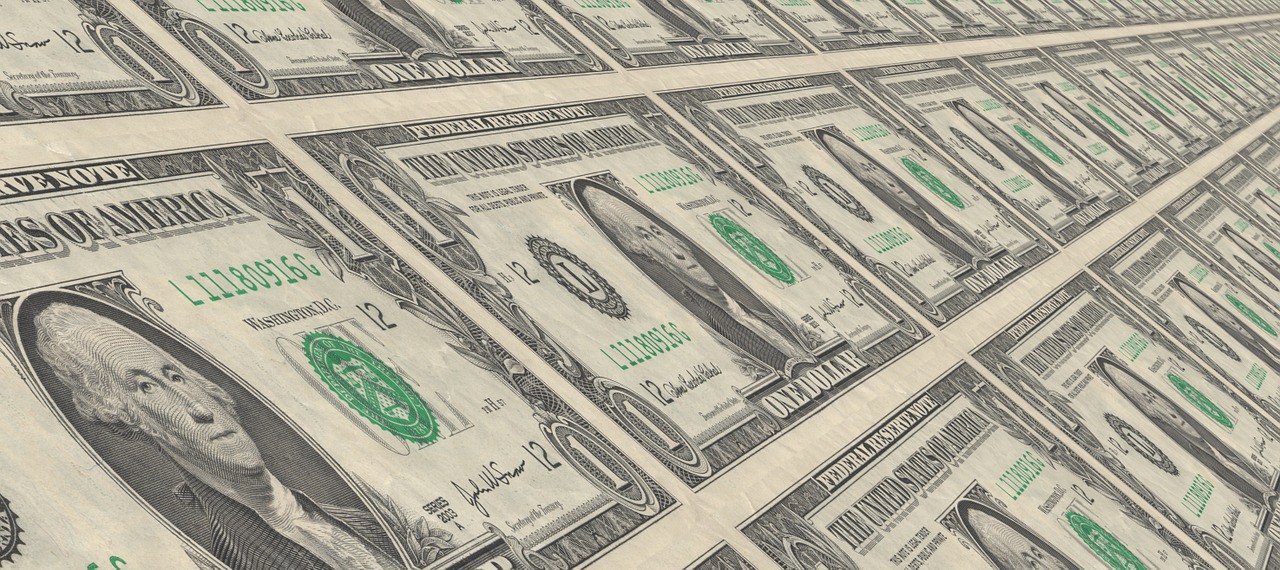Concerns Grow as Strong U.S. Dollar Expected to Threaten Emerging Market Bonds Under Trump’s Presidency
25.11.2024 17:00 2 min. read Alexander Zdravkov
A recent report reveals growing concerns among investors about the strengthening U.S. dollar under Donald Trump’s incoming administration.
Many worry that this could disrupt returns from emerging market bonds, as the stronger dollar may trigger capital outflows. Developed countries, with their prolonged periods of high interest rates, have already attracted significant capital that would have otherwise flowed into emerging markets.
According to JPMorgan, a recent $3.2 billion net outflow from emerging market bonds in early November highlights the growing unease. So far in 2024, outflows from these markets have reached $20 billion, which, although lower than in previous years, still signals ongoing pressure.
The strength of the U.S. dollar has been largely driven by Trump’s policies, including tax cuts and regulatory rollbacks, which have bolstered investor confidence in U.S. assets. However, the potential for rising inflation could further strengthen the dollar and push U.S. Treasury yields higher, exacerbating the strain on foreign currencies.
The Brazilian Real, South African Rand, and Mexican Peso have already weakened significantly, while the Euro recently dropped to a two-year low against the dollar amid political instability in Europe.
Despite Trump’s historical stance advocating for a weaker dollar to enhance the U.S.’s global competitiveness, current market conditions may work against his goals. The ongoing strength of the dollar suggests that achieving a weaker currency may be more challenging than anticipated, especially with the Federal Reserve’s ongoing rate cuts, which continue to attract global investors to U.S. assets.
This dynamic could lead to a prolonged period of dollar dominance, putting emerging markets at a disadvantage as their currencies struggle to keep pace.
-
1
U.S. PCE Inflation Rises for First Time Since February, Fed Rate Cut Likely Delayed
27.06.2025 18:00 1 min. read -
2
Key U.S. Economic Events to Watch Next Week
06.07.2025 19:00 2 min. read -
3
Gold Beats U.S. Stock Market Over 25 Years, Even With Dividends Included
13.07.2025 15:00 1 min. read -
4
U.S. Announces Sweeping New Tariffs on 30+ Countries
12.07.2025 16:30 2 min. read -
5
US Inflation Heats Up in June, Fueling Uncertainty Around Fed Cuts
15.07.2025 16:15 2 min. read
BitGo Files Confidentially for IPO With SEC
BitGo Holdings, Inc. has taken a key step toward becoming a publicly traded company by confidentially submitting a draft registration statement on Form S-1 to the U.S. Securities and Exchange Commission (SEC).
Crypto Greed Index Stays Elevated for 9 Days — What it Signals Next?
The crypto market continues to flash bullish signals, with the CMC Fear & Greed Index holding at 67 despite a minor pullback from yesterday.
U.S. Public Pension Giant Boosts Palantir and Strategy Holdings in Q2
According to a report by Barron’s, the Ohio Public Employees Retirement System (OPERS) made notable adjustments to its portfolio in Q2 2025, significantly increasing exposure to Palantir and Strategy while cutting back on Lyft.
Key Crypto Events to Watch in the Next Months
As crypto markets gain momentum heading into the second half of 2025, a series of pivotal regulatory and macroeconomic events are poised to shape sentiment, liquidity, and price action across the space.
-
1
U.S. PCE Inflation Rises for First Time Since February, Fed Rate Cut Likely Delayed
27.06.2025 18:00 1 min. read -
2
Key U.S. Economic Events to Watch Next Week
06.07.2025 19:00 2 min. read -
3
Gold Beats U.S. Stock Market Over 25 Years, Even With Dividends Included
13.07.2025 15:00 1 min. read -
4
U.S. Announces Sweeping New Tariffs on 30+ Countries
12.07.2025 16:30 2 min. read -
5
US Inflation Heats Up in June, Fueling Uncertainty Around Fed Cuts
15.07.2025 16:15 2 min. read


